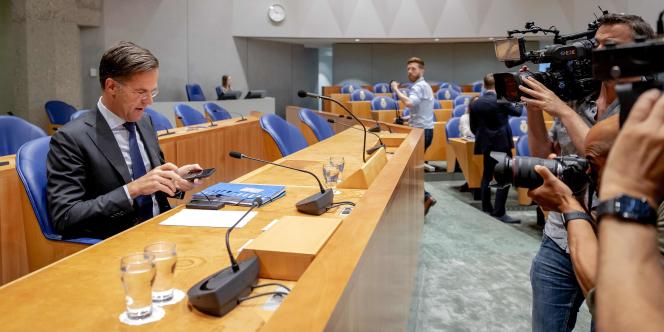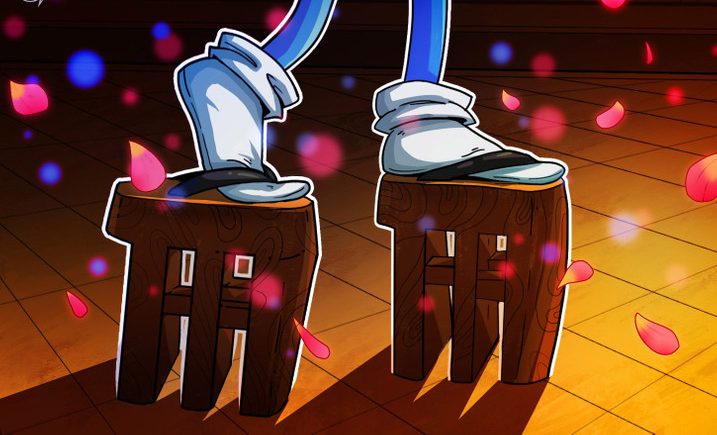The Hillary Clinton email affair had parasitized the entire campaign of the Democratic candidate for the 2016 US presidential election. Will the deleted SMS affair cost the Prime Minister of the Netherlands, Mark Rutte, his job? ? Specifically, the question is whether or not he broke the law by deleting text messages.
The ‘Nokiagate’ – as the Dutch media call it, in reference to the retro model Nokia-branded phone used by Mr Rutte – broke out following the publication of an article in the daily De Volkskrant on Wednesday May 18 . The Dutch newspaper explains that it discovered this information while seeking to access government communications in 2020, in the midst of the Covid-19 pandemic.
The Prime Minister, whose attachment to his old Nokia has long stuck to his image as a sober man, defended himself on Wednesday, explaining that he had archived all important messages and deleted the others in order to free up space.
“I complied with the guidelines,” Rutte, dubbed the “prime minister in Teflon” (an extremely tough material) by the media for his ability to survive scandals, told reporters. Head of government since 2010 – a record – the 55-year-old Liberal was also baptized “Mister Silicone” by a daily newspaper: he has the flexibility of rubber and is resistant to temperature variations. It is true that “Makke” Rutte (“the docile”, another nickname) managed to govern successively with the right, the center and the left over the years. He even managed to rule the country for two years with the tacit support of his far-right rival, Geert Wilders.
In his defence, the Prime Minister stressed that he had not broken the Archiving Act, insisting that he had “never deliberately” hidden important matters by deleting posts. “I may have made an error in judgment, but mistakes will always be made,” he added.
“Not a big smartphone fan”
According to the Dutch Archives Act, certain government correspondence must be kept in order to be able to explain to the public – including MPs and journalists – why certain choices were made. The problem, says De Volkskrant, is that Mr. Rutte was the only one to determine which text messages were important enough to be passed on to a government official for archiving.
In 2020, the daily launched legal proceedings to access the Prime Minister’s messages, building on a ruling the previous year that SMS and WhatsApp messages were included in the Archiving Act. But the newspaper was surprised to have only received messages from the head of government to his staff and asked for more information.
“It’s the behavior of a prime minister frantically trying to prevent transparency,” Green Party leader Jesse Klaver said, adding that he wanted to ask the operator if the text messages could be retrieved.
A lawyer representing the Dutch state said that Mr Rutte had carried out “real-time archiving” and that there was no reason to suspect a crime.
The Prime Minister, who is “not a big fan of smartphones” in his words, and known for his sobriety and his bike rides through The Hague, explained that he kept his old model phone as part of his duties. . “The [Nokia’s] small screen is a drawback,” he admitted to reporters on Wednesday.
The thousands of messages received by Mr. Rutte have, he says, slowed down the device, which is why he began to delete some.
His press officers have meanwhile confirmed that he now has a smartphone, as his old phone had no network during a visit to the United States.

















